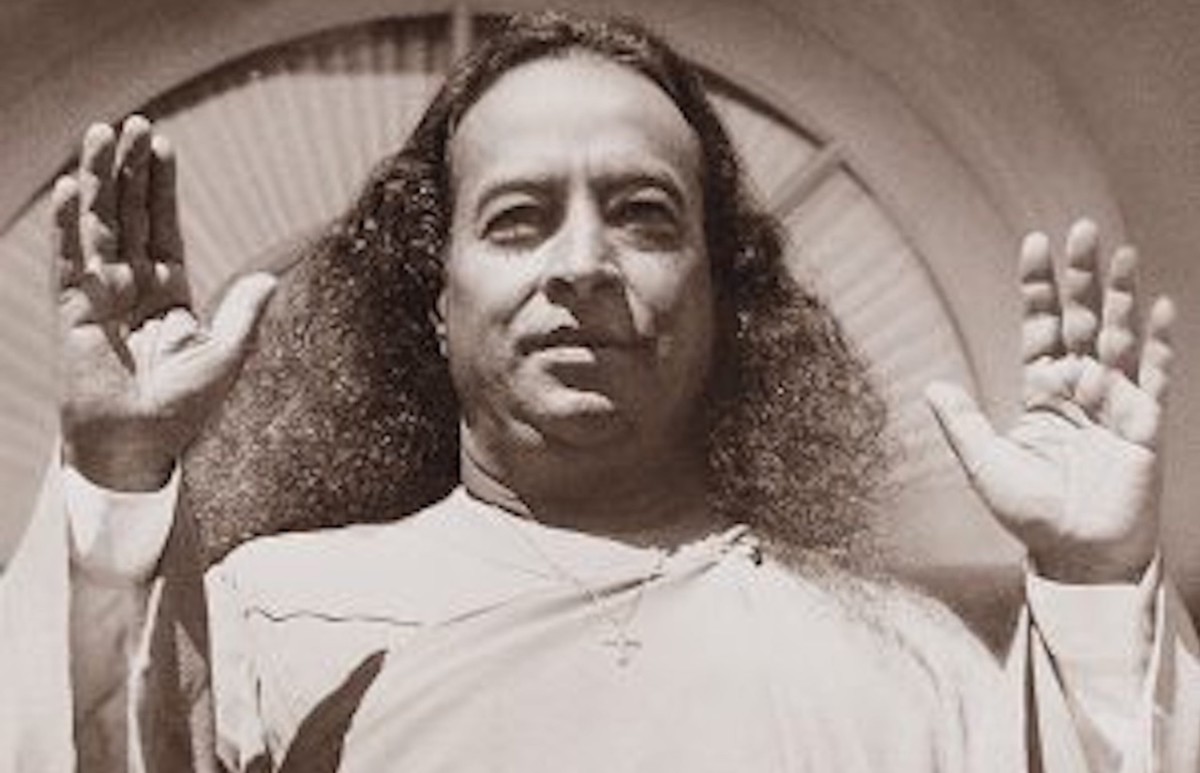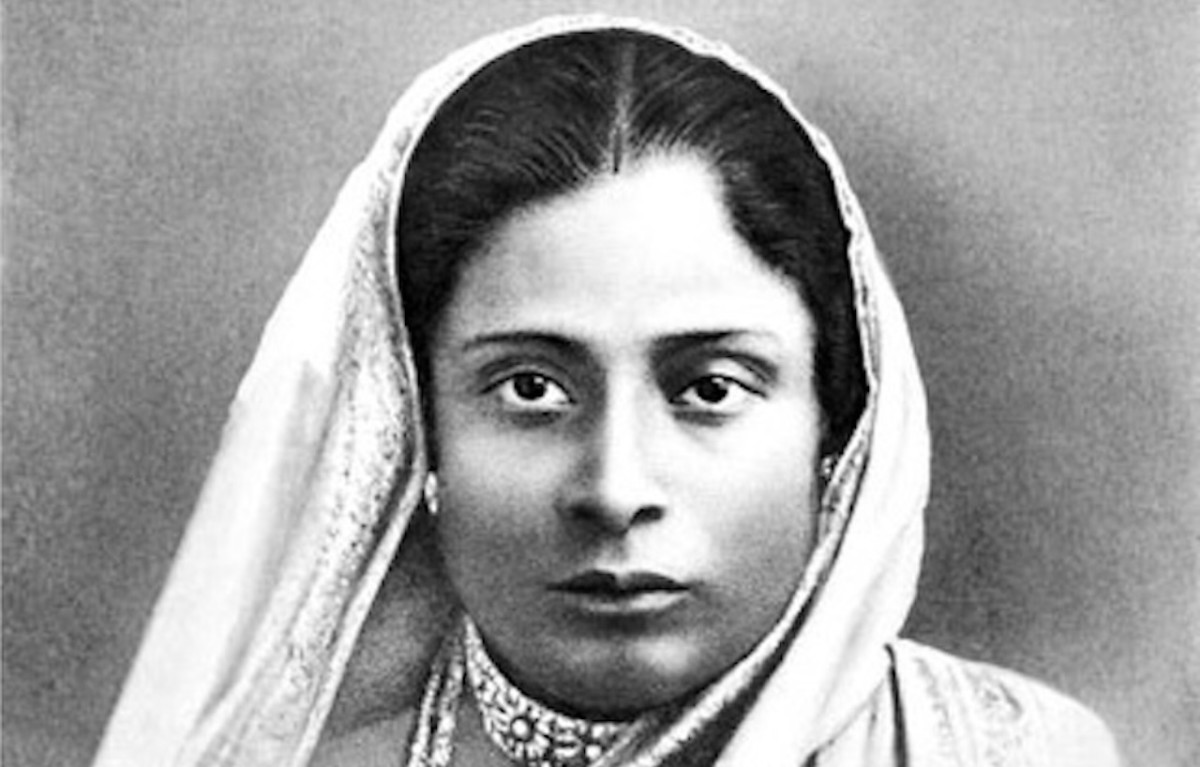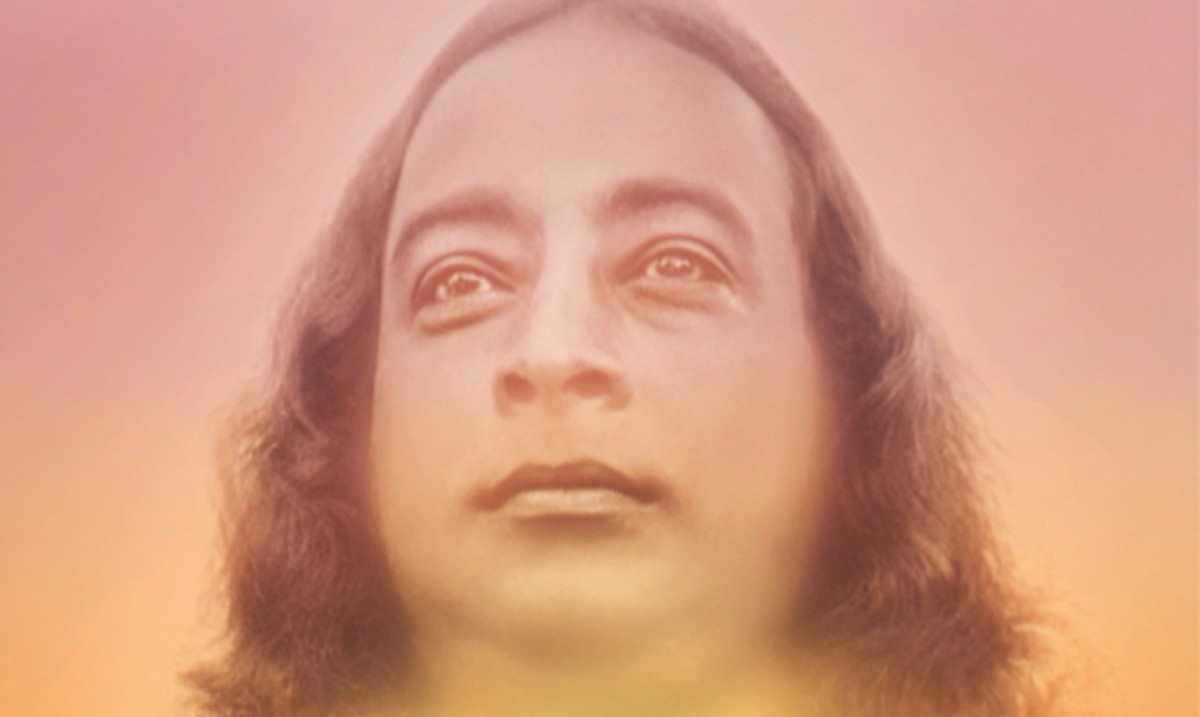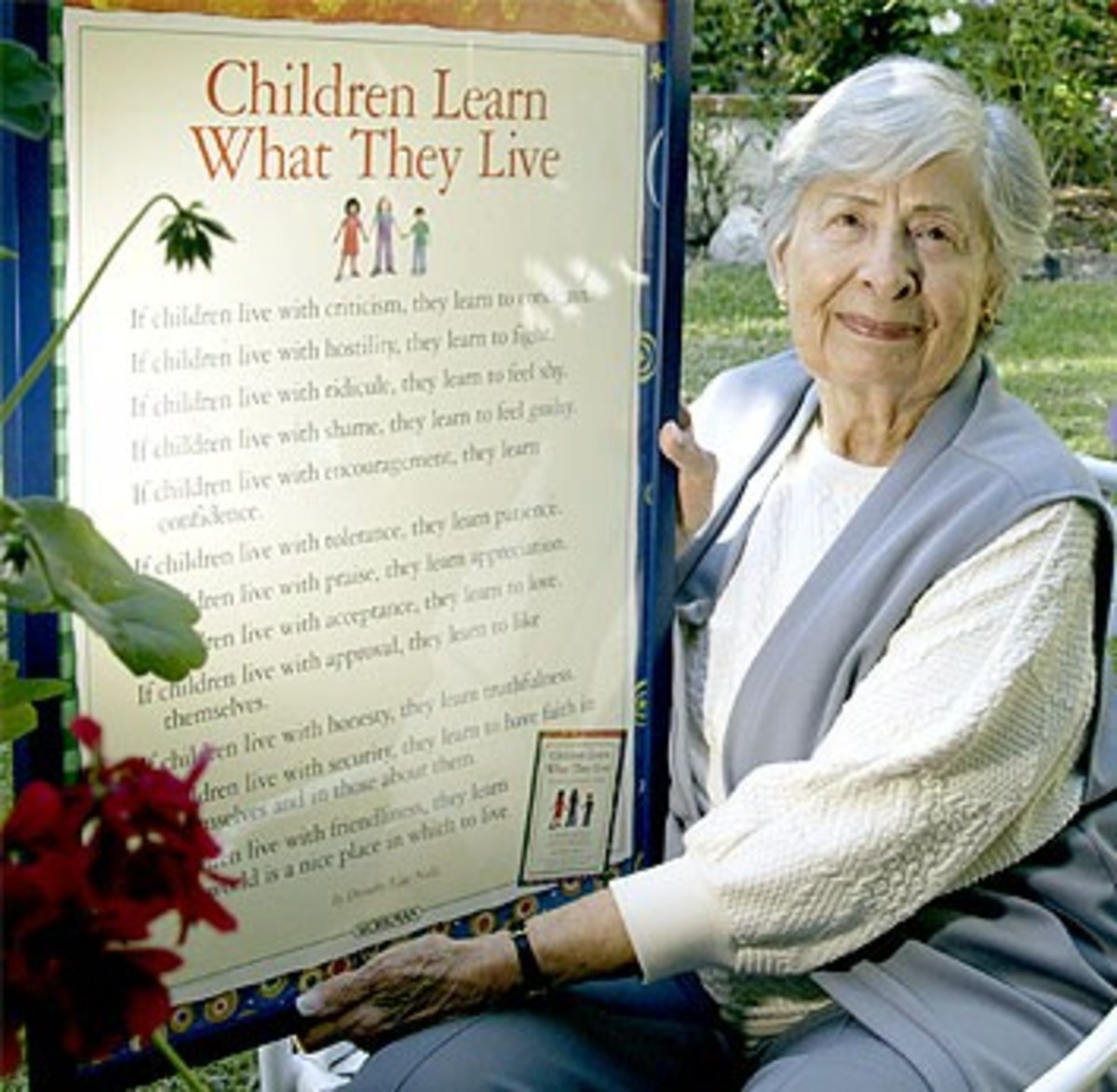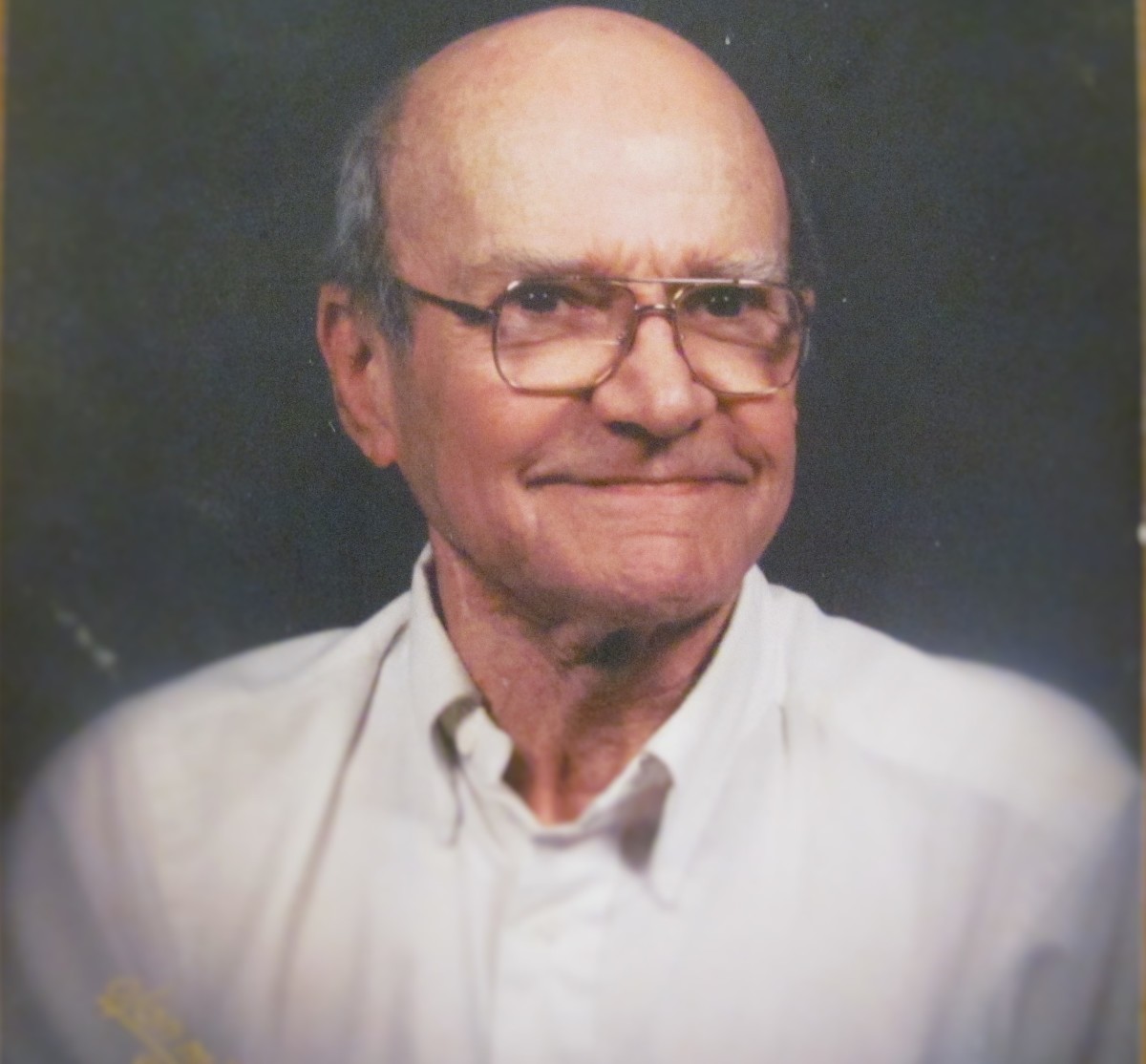Paramahansa Yogananda’s "Thy Cruel Silence"

Introduction and Excerpt from "Thy Cruel Silence"
In Paramahansa Yogananda's "Thy Cruel Silence," the speaker is assuring the Divine Beloved Lord of his sincere, intense devotion. The speaker will never cease his prayers to the Belovèd until they are most gloriously answered. He will continue to pursue his goal of divine union until he has reached it.
The great guru and spiritual leader Paramahansa Yogananda maintains that devotees should talk with the Heavenly Father, "in the language of their heart." The great guru asserts that the Divine Mother is close, personal, and very familiar to the individual soul, and the individual does not have to fear offending that Creator.
The children of the Divine Creator can speak to that Divine Parent as they are, not as they hope to be, which, of course, is an impossibility. Thus, the great guru’s speaker in "Thy Cruel Silence" may appear to blaspheme to those who think one must always flatter the Ultimate Divine and praise That Being even if one does not feel that praise.
The great spiritual leader Paramahansa Yogananda insists that only open truth with the Divine will lead one to the Eternal Presence. The Divine Belovèd does not need or want our flattery and phony praise; the Divine Belovèd seeks only the highest good for each child, and that good begins with truth.
The speaker in "Thy Cruel Silence" affirms his desire to make his Divine Belovèd speak to him, and he thus speaks truth to power when he tells the Divine Friend that the Latter's continued silence is cruel and causes the devotee great pain. Such honesty opens the heart of the Blessèd Creator.
Excerpt from "Thy Cruel Silence"
I prayed to Thee
But Thou wert mute.
At Thy door I knocked;
Thou answered not.
I gave my tears
To soft'n Thy heart;
In cruel silence
Didst Thou watch.
(Please note: This poem appears in Paramahansa Yogananda's Songs of the Soul, published by Self-Realization Fellowship, Los Angeles, CA, 1983 and 2014 printings. A slightly different version of my poem commentary appears in my publication titled Commentaries on Paramahansa Yogananda’s Songs of the Soul.)
Commentary on “Thy Cruel Silence”
The speaker is showing his deep love and devotion to his Eternal Creator, while affirming that he will continue to supplicate to the Creator, even if he must do so eternally.
First Movement: Continued Silence
The speaker informs his Divine Creator that he has prayed and yet the Divine remained "mute." Instead of enjoying a response, the speaker continues to receive only "cruel silence" from his Divine Belovèd.
In addition to praying and offering the Divine his heartfelt words, the speaker also metaphorically "knocked" "[a]t Thy door." Yet the Divine continued to avoid him.
The great ones tell their followers that God is close, closer than any human relative, and his children need not wish for Him; all they have to do is realize that Eternal Lord's presence with the soul.
Each soul is a spark of the Divine Fire, a wavelet of the Divine Ocean, a drop of the Eternal Sky—any metaphor that works is the metaphor each individual must embrace on his/her spiritual journey.
Second Movement: Weeping for Union
After much prayer and knocking at the door of the heart of his Divine Friend, the speaker allows himself to weep openly with flowing tears that he thinks will "soft’n Thy heart." The speaker hopes some pity from the Belovèd might assure a response. But again, Divinity "in cruel silence" simply watches while his sad child mourns.
The great guru has made it clear that to experience unity with the Divine requires patience and much effort. Becoming calm and steady, after countless incarnations of restless searching, striving, and living for sense pleasures have instilled in the individual a jittery nature, can be a painstaking engagement.
But the encouraging words that each soul is already united with the Soul can erase many of those jiggery incarnations, and that fact helps the meditating devotee relax and begin the healing process.
Third Movement: Affirming Dedication
Finally, the speaker affirms that it does not matter how long the Divine Belovèd remains silent, the speaker will continue to pray and weep throughout eternity if necessary. The speaker avers that he now knows the way to "earn / Attention Thine."
The speaker has become aware that whether the Divine Reality speaks or remains silent, the two are already united. The speaker’s own "cruel silence" will meld with that of the Divine’s continued silence, as the speaker continues to pray "unceasingly."
Knowing the way to "earn" that Divine attention also helps the devotee relax which facilitates the meditation process.
That knowing gives the devotee the confidence that the seemingly permanent silence of the Divine Belovèd will at some point be lifted, and the devotee will then know with finality that s/he has reached the goal of self-realization or God-union.
Fourth Movement: An Eternity of Prayer and Meditation
If after an eternity of prayer and weeping for his Divine Creator, that Divine Friend does finally speak and "wish me peace," the speaker will continue the unifying acts of prayer and weeping for his Divine Belovèd that keep them together.
Even if "cruel silence" remains and the devotee’s soul is caught perennially inside that depth, he knows that giving the silence to the Ultimate Reality will allow him to realize eternally the unity his soul already experiences with the Divine Over-Soul.
Such logic seems paradoxical, yet it is infallible, according the teachings of every major religion.
A devotee may wonder what comes next, after God-union has been attained. Or more likely, the devotee may fret that God-union may never be attained or that it may take many more incarnations.
Again, the scriptural instruction of all great religions offers the healing for such painful pondering: embracing tight to the bosom that knowledge of one's already-united status as a child to the Great Spirit.
And after one has achieved that divine state, one need not fret what to do, for the soul will be guided directly and infallibly by that Divine Over-Soul.
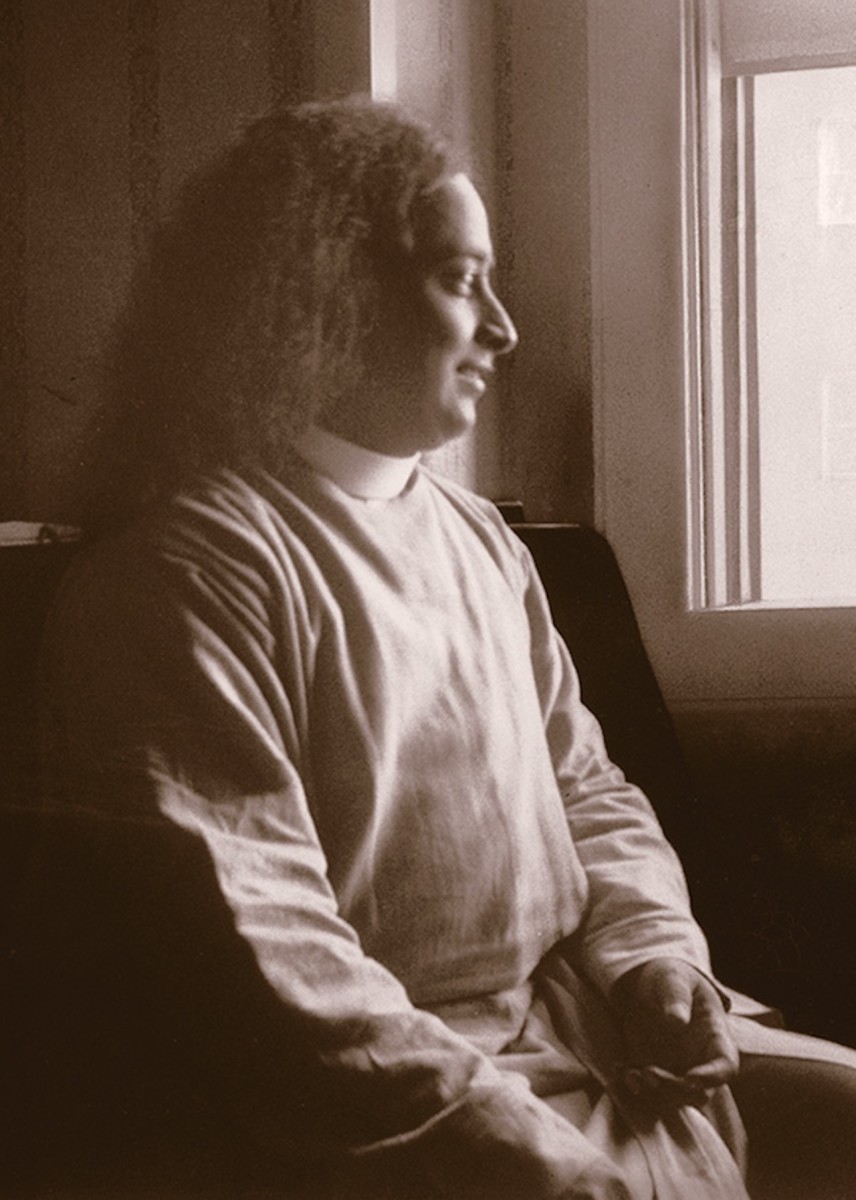
Related Paramahansa Yogananda Information
- Life Sketch of Paramahansa Yogananda: Father of Yoga in the West Paramahansa Yogananda is the monastic name of Mukunda Lal Ghosh. The sources for this brief life sketch of Paramahansa Yogananda are his Autobiography of a Yogi and the official Self-Realization Fellowship website.
Commentaries on Paramahansa Yogananda Poems
- Paramahansa Yogananda’s "Consecration" In the poem titled "Consecration," which opens Paramahansa Yogananda’s collection of spiritual poetry "Songs of the Soul," the speaker humbly consecrates his works to the Divine Creator. He also lovingly dedicates the collection to his earthly father.
- Paramahansa Yogananda's "The Garden of the New Year" In "The Garden of the New Year," the speaker celebrates the prospect of looking forward with enthusiastic preparation to live "life ideally!"
- Paramahansa Yogananda's "My Soul Is Marching On" This inspirational poem,"My Soul Is Marching On," offers a refrain which devotees can chant and feel uplifted in times of lagging interest or the dreaded spiritual dryness.
- Paramahansa Yogananda’s "When Will He Come?" How to stay motivated in pursuing the spiritual path remains a challenge. This poem, "When Will He Come?," dramatizes the key to meeting this spiritual challenge.
- Paramahansa Yogananda’s "Vanishing Bubbles" Worldly things are like bubbles in the sea; they mysteriously appear, prance around for a brief moment, and then are gone. This speaker dramatizes the bubbles’ brief sojourn but also reveals the solution for the minds and hearts left grieving for those natural phenomena that have vanished like those bubbles.
The Voice of Paramahansa Yogananda

This content is accurate and true to the best of the author’s knowledge and is not meant to substitute for formal and individualized advice from a qualified professional.
© 2025 Linda Sue Grimes

